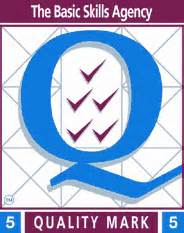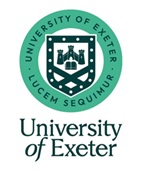Thinking Curriculum
We believe in lifelong learning and that learning should be enjoyable. We place a great emphasis on developing thinking. Through our teaching, we equip children with the skills, knowledge and understanding necessary to make informed choices in their life.
In line with our school vision, we believe in making children critical thinkers and independent learners. Whole school and classroom practise is designed to focus on children's learning - it is learning centred.
St Edmunds has been officially accredited as a THINKING SCHOOL and the assessment accreditation report can be found here. It highlights all the excellent practise within our school. Congratulations to all the staff and children on this excellent achievement.

What are thinking skills?
Thinking skills refer to an understanding of the thought processes we are using to do things like: solve problems, make decisions, ask questions, construct plans, evaluate ideas, organise information and create things.
Through our curriculum, we strive to develop in our pupils the ability to think critically, collaboratively and creatively and to adopt these skills when reflecting on their own learning. We aim to develop responsible, reflective and resilient individuals with transferable skills essential for lifelong learning.
‘If thinking is how children make sense of learning then developing their thinking skills will help them get more out of learning and life.’ Fisher 2005
How do we teach thinking skills at St Edmund's?
Our aim is to create a whole school language for pupils and teachers so we can deepen our understanding of how we think and learn. Aspects we have chosen to focus on at the present time are:
-
Teaching pupils to use visual tools and strategies (Hyerle’s Thinking Maps)
-
Developing pupils understanding of effective learning behaviours or dispositions (Costa and Kallick’s Habits of Mind)
-
We have introduced a Thinking Skills and Competency Framework which requires teachers to focus on developing aspects such as Managing Information, Thinking, Problem-Solving and Decision-Making, Being creative, Working with others and Self-Management - aspects we feel are important for our pupils’ development.
-
Zones of Regulation to ensure children have strategies for regulating themselves.
-
Rosenshine's Principles of Instruction to offer Quality First Teaching to pupils.
Staff at St Edmund's have received specialist training and are implementing each of these strategies to ensure they are fully embedded so that pupils of all ages can apply them in different contexts within the curriculum - EYFS through to Y6.
Below is a Subject Story which documents our journey so far and its impact.









